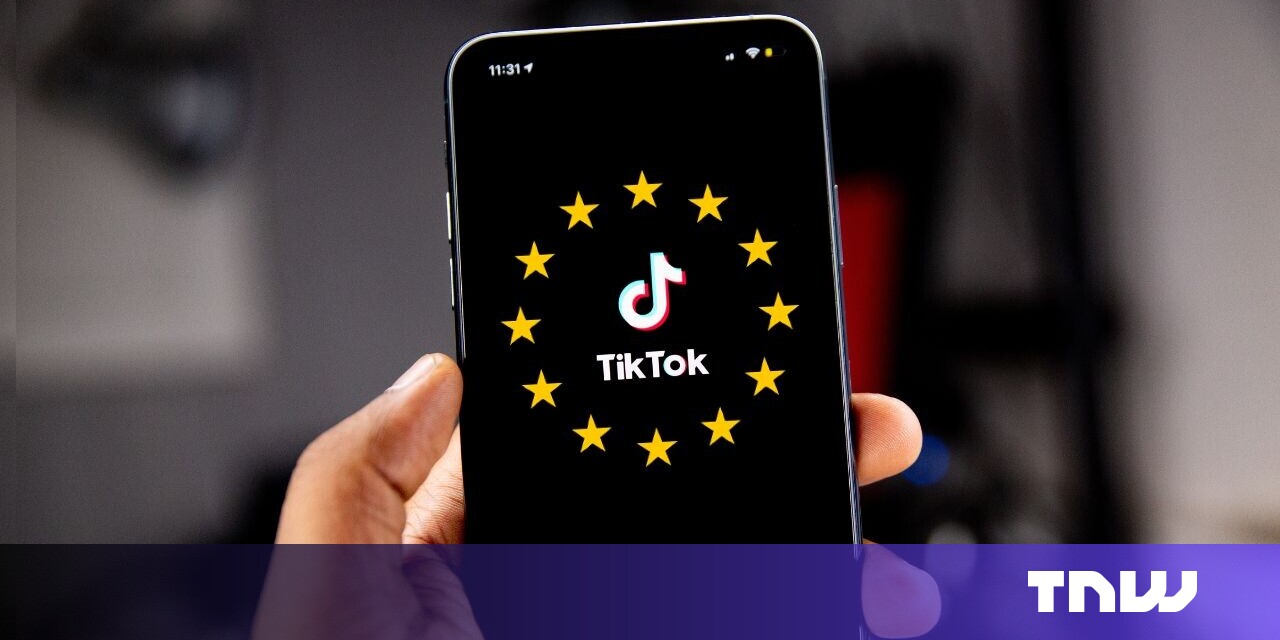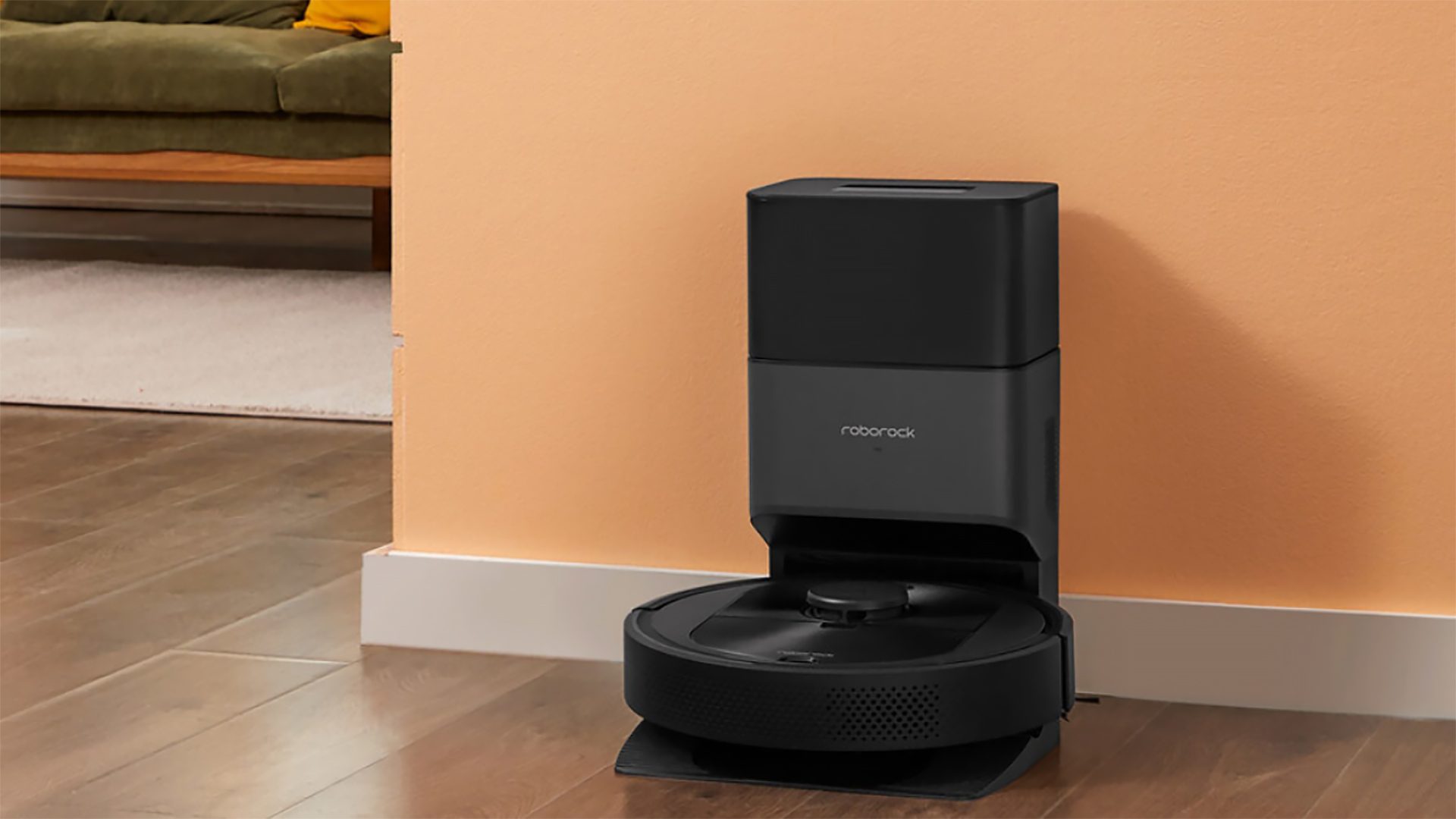
The decision to permit TikTok in Europe is “insane,” according to Professor Scott Galloway of New York University.
At an event in Helsinki last week, Galloway described TikTok as probably “the most ascendant technology company in history” — and “a national defence threat.”
The professor’s concerns stem from two key factors: TikTok’s alleged links to the Chinese government and the platform’s peerless content recommendation system.
“They have implanted a neural jack into the web matter of our youth,” Galloway said.
Powering the next business revolution
Join the Financial Times & TNW Future of AI Summit on November 15 & 16
TikTok has denied claims the Chinese Communist Party (CCP) influences the app’s content and receives user data directly from the platform. But lawmakers in the west have raised concerns about Beijing’s connections to ByteDance, the parent company of TikTok.
Critics have accused the app of facilitating espionage. They note that a national security law requires ByteDance to provide data to Chinese authorities on request.
They have also sounded the alarm about the app’s AI-based video recommendations, which personalises the content in user feeds. The system has helped TikTok become the world’s most popular app. In Europe alone, the platform has more than 150 million monthly users.
Galloway fears this audience is being brainwashed by the CCP.
“If I were them, I would put my thumb delicately, insidiously, covertly, elegantly, on the scale of anti-Western content and on the scale of pro-China content,” he said at a talk hosted by WithSecure, a Finnish cyber security firm.
“I would raise a generation of European and US military, civic, nonprofit, and corporate leaders who just feel a little bit shittier about democracy… and that Taiwan should probably be a province of China.”

Galloway spoke amid mounting pressure on TikTok in Europe. In February, the European Commission prohibited the use of TikTok on staff phones. Since then, similar bans have been announced in several member states, as well as the UK and Norway. According to Galloway, even stricter restrictions should have been implemented.
“I think the fact that we let TikTok come into the US and to Europe is insane,” Galloway said.
Among European lawmakers, however, perspectives on TikTok are mixed. Some politicians are equally concerned about surveillance by Silicon Valley tech firms, which have been targeted by a recent slew of EU regulations.
Galloway has also fallen out with a US tech giant. In August, the NYU professor said he’d been locked out of his X account after a feud with Elon Musk.








